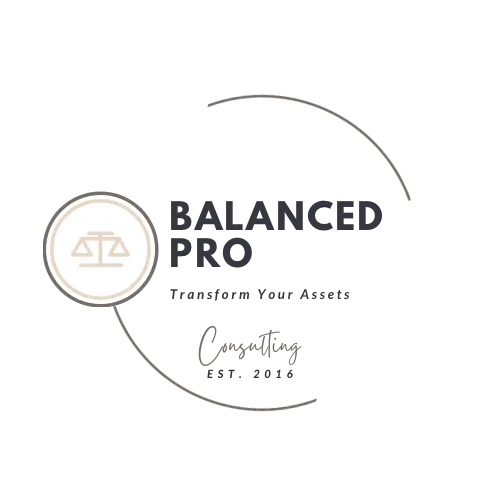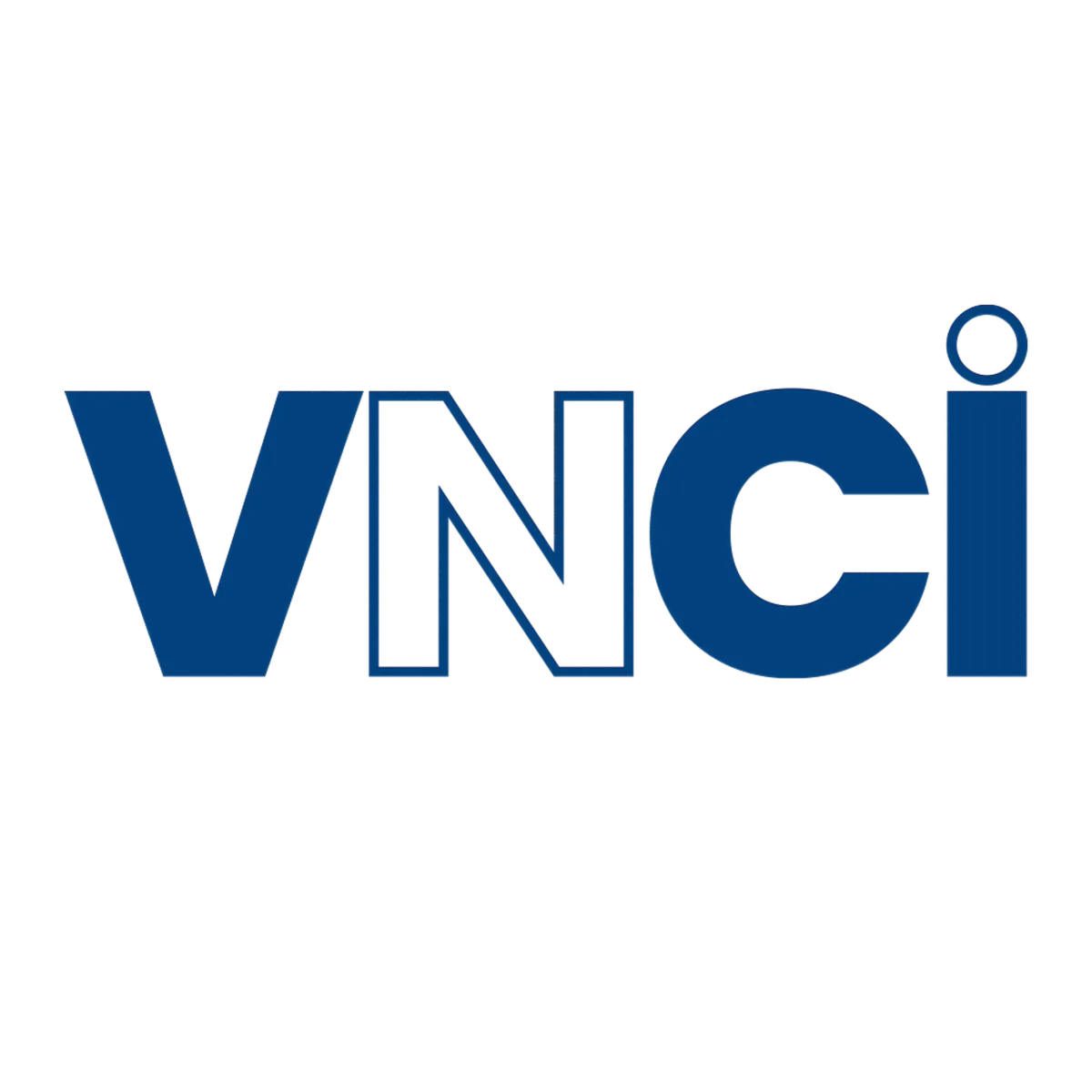Blogs

Mastering Your Money: A Guide to Fiduciary and Trust Accounts
"An investment in knowledge pays the best interest." - Benjamin Franklin
Managing trust finances effectively requires not just diligence and foresight but also a sound understanding of the various account types available for safeguarding your assets. This guide illuminates the specifics of Totten, Fiduciary, Trust, and UTMA accounts, alongside recent FDIC updates, to empower you with the knowledge needed for informed financial planning.
The next time you visit your bank or credit union with the intention of opening a Trust account, you'll be stepping in with a wealth of knowledge under your belt. This preparation empowers you to engage in informed discussions about the specific type of account that aligns with your financial objectives and the unique circumstances of your estate or beneficiaries.
This proactive approach not only simplifies the process of account selection but also enhances your ability to safeguard your financial legacy, all while taking full advantage of the services and support your bank or credit union provides.
Totten Accounts: Simplifying Beneficiary Designations
Totten Accounts, or payable-on-death accounts, offer a direct path to assigning beneficiaries without complicating your control over the funds. This arrangement ensures that upon your passing, the designated heirs receive the assets smoothly, sidestepping potential legal hurdles.
1. The account is revocable, allowing the trustee to change or cancel beneficiary designations.
2. Only the trustee and co-trustee have access to the account, with beneficiaries having no access to funds while the trustees are living.
3. This informal trust cannot be used as collateral for loans and requires completion of a Totten Designation of Beneficiary Form for beneficiary changes.
Fiduciary Accounts: Managing Legal Responsibilities
For those in roles requiring legal stewardship over another's assets, Fiduciary Accounts provide a structured way to manage such responsibilities. Whether you're an executor, guardian, or administrator, these accounts ensure that you can fulfill your duties with integrity and in accordance with legal standards.
Here are the key details:
1. Legal documentation is required to open the account, with the fiduciary holding the account on behalf of the individual or estate.
2. Loans are not available on fiduciary accounts, and funds cannot be used as collateral for loans.
3. Funds held by an executor or administrator for a decedent are insured separately, up to $250,000 by NCUA.
Trust Accounts: Establishing a Legacy
Trust Accounts are the cornerstone of proactive estate planning, allowing you to dictate the terms under which your assets are managed and distributed. This flexibility ensures that your financial legacy is preserved and passed on according to your wishes, with trustees and beneficiaries clearly defined.
1. The account is established by a trustee(s) based on the terms outlined in the Trust Instrument.
2. Trustees have access to funds during the life of the trust, with beneficiaries gaining access upon the death of the trustors.
3. Trust accounts offer the flexibility of loans and collateralization, with trustees being individually obligated for the loan as well as the trust.
UTMA Accounts: Investing in the Future
The Uniform Transfers to Minors Act accounts facilitate financial gifts to minors, providing a structured approach to saving for their future. These accounts offer a strategic way to contribute to a child's financial well-being, with tax advantages and control retained until they reach adulthood.
1. The account is controlled by a Custodian and is irrevocable, serving as a popular choice for grandparents looking to provide for their grandchildren's future.
2. Funds in the account are owned by and taxed to the minor, with access granted to the minor at age twenty-one (21) with Custodian authorization.
3. Loans are not available on UTMA accounts, and funds cannot be used as collateral.
Navigating Recent FDIC Rule Changes
The FDIC's recent amendments to deposit insurance rules mark a significant shift in how trust accounts are insured. Understanding these changes is crucial for anyone looking to optimize their account structures and ensure their deposits remain adequately protected under the new framework.
Choosing the Right Account for Your Financial Goals
Each account type serves distinct purposes and offers unique benefits. By comparing these options and considering your long-term financial objectives, you can select the account that best suits your needs and ensures your assets are well-managed and secure.
Conclusion
Financial planning is an ongoing journey that requires careful consideration and strategic decision-making. By understanding the nuances of Totten, Fiduciary, Trust, and UTMA accounts and staying informed about regulatory changes, you can make choices that safeguard your financial future and uphold your legacy.
Equipped with this understanding, you can confidently navigate the variety of options your financial institution offers, making it easier to identify the account that best serves your needs. Whether it's a Totten, Fiduciary, Trust, or UTMA account, you'll have the insight to ask the right questions, understand the features and benefits of each, and make a decision that ensures your assets are managed exactly as you intend.
SIGN UP AND SAVE
SUBSCRIBE TO GET SPECIAL OFFERS, FREE GIVEAWAYS, AND ONCE-IN-A-LIFETIME DEALS.
By submitting my contact information, I consent to receive emails or text messages from the company and agree to its terms and conditions. I understand that I can unsubscribe from these communications at any time.

© 2016 BALANCED PRO, LLC
SIGN UP AND SAVE
SUBSCRIBE TO GET SPECIAL OFFERS, FREE GIVEAWAYS, AND ONCE-IN-A-LIFETIME DEALS.
By submitting my contact information, I consent to receive emails or text messages from the company and agree to its terms and conditions. I understand that I can unsubscribe from these communications at any time.



